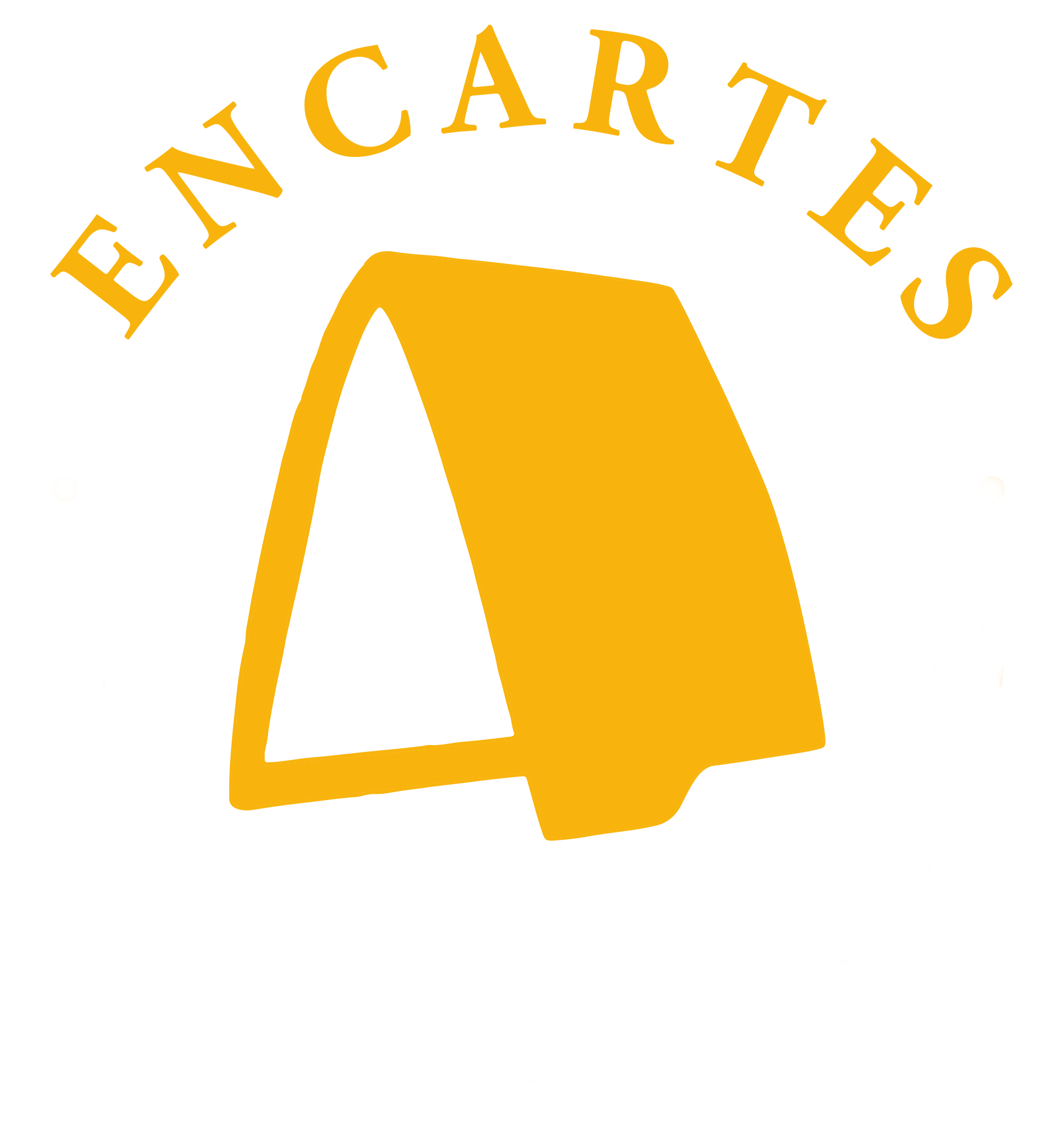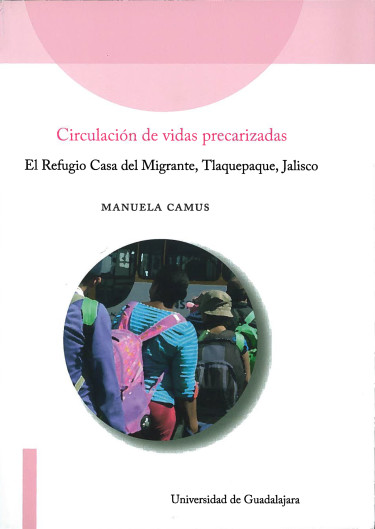home » migration
Articles about "migration"
Temáticas
Vol 8 No 15 (2025)
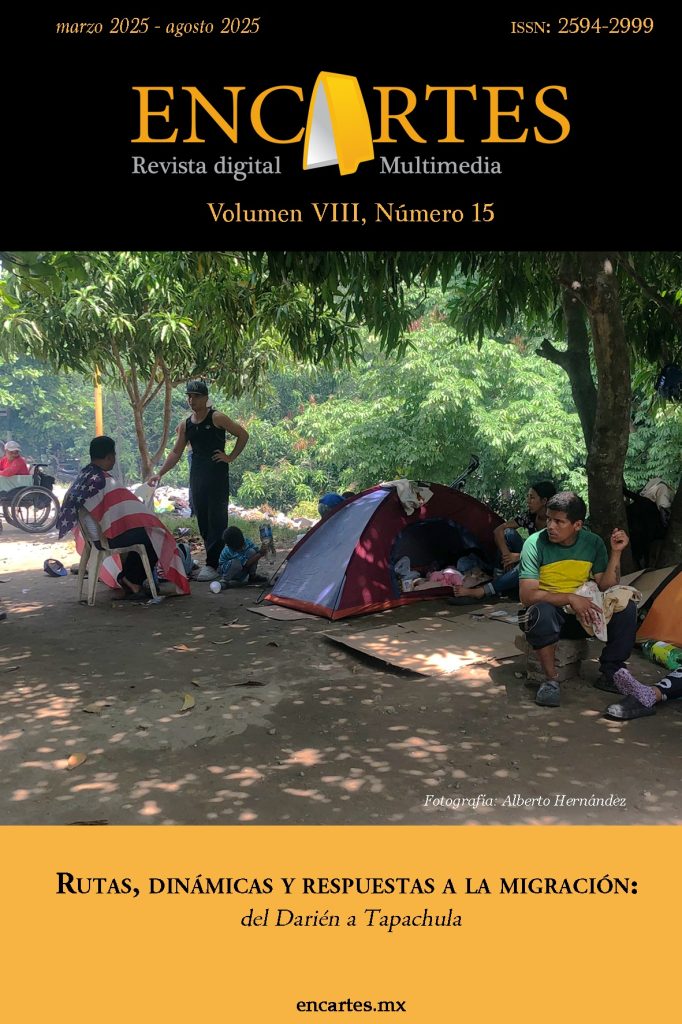
Routes, dynamics and responses to migration: from the Darien to Tapachula
- Alberto Hernandez Hernandez
- Carlos S. Ibarra
Mobility and migration are phenomena inherent to the history of humanity, but in the contemporary context they present themselves with a complexity and diversity of dimensions that often challenge the analytical capacities of the social sciences. The main objective of this dossier is to contribute to the critical analysis of the routes, experiences and networks that shape migratory mobility in the region.
Temáticas
Vol 8 No 15 (2025)
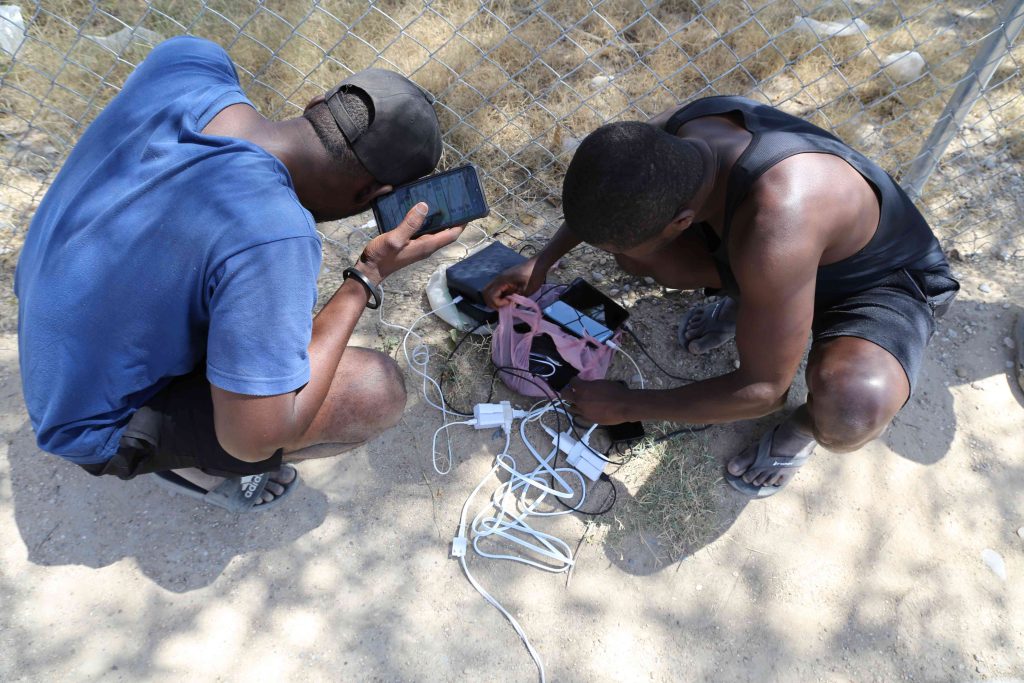
Social media and digital platforms in the migratory journey from the Darien jungle to Mexico's northern border
- Alberto Hernandez Hernandez
- Arturo Fabian Jimenez
- Carlos S. Ibarra
Undocumented migration to the United States includes dangerous routes such as the Darien Gap and Mexican territory controlled by organized crime. This article examines how social media and digital platforms impact the migration experience based on two case studies. It reveals that networks such as TikTok, WhatsApp and Facebook not only document and share experiences in real time, but also build supportive digital communities. The findings highlight the duality of digitalization: it facilitates organization and reduces risks, but also exposes migrants to new dangers. It underscores the need for policies that incorporate these tools to improve safety and support for migrants.
Temáticas
Vol 8 No 15 (2025)
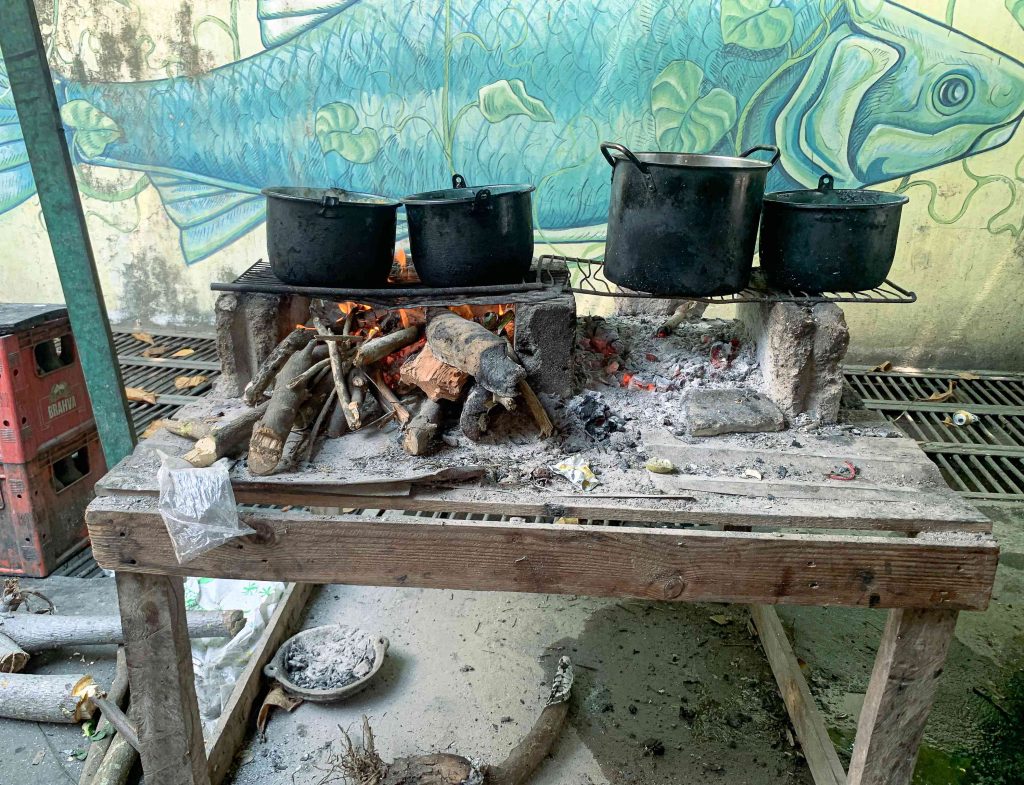
Migratory processes and shelter networks in Mexico
- Rafael Alonso Hernández
In Mexico, irregular international migration processes have historically been accompanied by civil society organizations, which have directly assisted migrants and refugees in their transit or stay in the different states of the country and have also generated political and social advocacy processes to guarantee access to human rights. This proposal offers an analysis and reflection on the changes in migration dynamics in Mexico, focusing particularly on the emergence of humanitarian spaces for the care of migrants and refugees, and their articulation in networks and collectives, to become key actors of hospitality and solidarity for migrant populations in the country. To this end, we analyze information generated from our own participation in humanitarian activism, with the support of desk research on this topic.
Temáticas
Vol 5 No 9 (2022)

Mending the Image: Subjectivities and Desires in the Photographic Archives of Michoacán, México
- Gabriela Zamorano Villarreal
Whis essay examines photomontage practices in rural contexts of Michoacán, Mexico, in order to ask how social uses of photography are intimately linked to collective subjectivities and affects of loss, between histories of migration and recurrent cycles of violence. These visual practices cannot be understood without paying attention to intrinsic aspects of photographic technology-such as its indexical character, its materiality, its artificiality, and its temporal anchoring. Here a careful reading of the concept of "the obtuse" proposed by Roland Barthes reveals how photomontage techniques, in the hands of local photographers, generate visual effects and dislocations through the manipulation of subtle details that contribute to recreate, but also to subvert, the "ways of looking" among the inhabitants of the region.
Entrevistas
Vol 5 No 9 (2022)
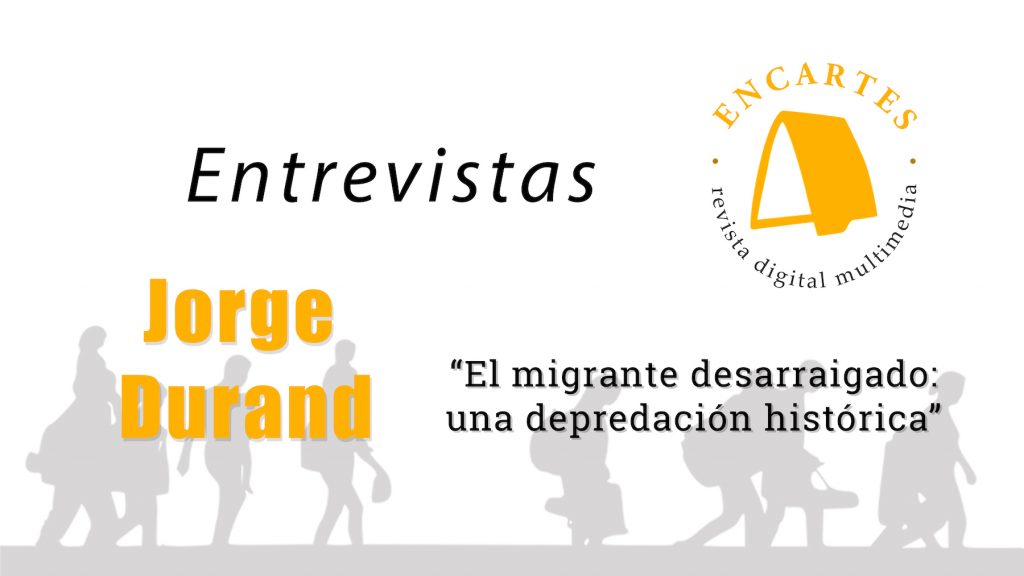
The Rootless Migrant: A Historical Depredation
Interview with - Jorge Durand
- Manuela Camus
Jorge Durand is the guest in this interview section of Encartes magazine. Anthropologist and researcher at the University of Guadalajara, where he holds the Chair of Migration, Jorge Durand is a specialist in the United States-Mexico migration dynamics. On this occasion, he describes his incursion into the northern countries of Central America and the new protagonist figure in the region: the uprooted.
EncArtes multimedia
Vol 3 No. 5 (2020)
The documentary “Over The Wall / Sobre el muro”: a look at the social transformations caused by the border wall between Mexico and the United States in Tijuana
- Alberto Hernandez Hernandez
- Jhonnatan Curiel
Keywords: documentary, border, migration, wall, Tijuana.
BAsado in the documentary Over the Wall / Sobre el muro (El Colef, 2019), this text discusses some social effects from the transformations of the barriers and divisions that have demarcated the border of the states of California, the United States and Baja California, Mexico, until the construction of fences and border walls promoted by the last four US federal administrations. Based on interviews with specialists in migration and borders, residents, and an investigation of archives and documents around the wall and its effects on the Tijuana-San Diego border, this documentary captures periods of change and border reinforcement by States. States, as well as the recent situation with the arrival of new migratory flows such as the caravans of Central American migrants to Tijuana and the challenges for this border.
Discrepancias
Vol 3 No. 5 (2020)

Shelters and refugees
- Danièle Bélanger
- Dolores Paris
- Eduardo Domenech
- moderator Rafael Alonso Hernandez Lopez
The crises that we are seeing in the Mediterranean, on the northern and southern border of Mexico or in South America, derived from the massive mobilizations of people fleeing their countries, force us to reflect on the role that the States in the face of the arrival and / or transit of displaced persons and refugees, in the face of what appears to be a regressive global policy, based on the externalization of borders, restriction and selectivity.
Coloquios interdisciplinarios
Vol 2 Num 4 (2019)
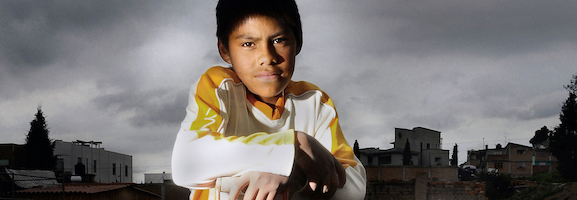
Inequalities and the re-politicization of the social in Latin America
- Juan Pablo Pérez Sáinz
The social question in Latin America has been depoliticized, since the 1980s, from the conception of deprivation imposed by the prevailing approaches to poverty. Although later, due to the importance acquired by the problem of inequality, the question of power could not be ignored, a perspective was imposed that has limited the understanding of conflict. In the present text and from an alternative proposal to address inequalities, where power and conflict gain prominence, we seek to re-politicize the social. In this regard, two sets of problems are addressed. The first has to do with the dynamics of deep disempowerment that the new model of globalized accumulation has generated, sustaining the (neo) liberal order, and that has led to a not inconsiderable part of the subaltern sectors being cornered in a situation of marginalization. Social. The second is that, despite this, there are responses from these sectors to resist this disempowerment and even partially reverse it. Among these responses, the following stand out: violence, migration, religiosity and collective action. It concludes with reflections on the relevance of thinking about inequalities from this perspective to see how the social, with the (neo) liberal order, has been re-politicized in a broad and profound way.

